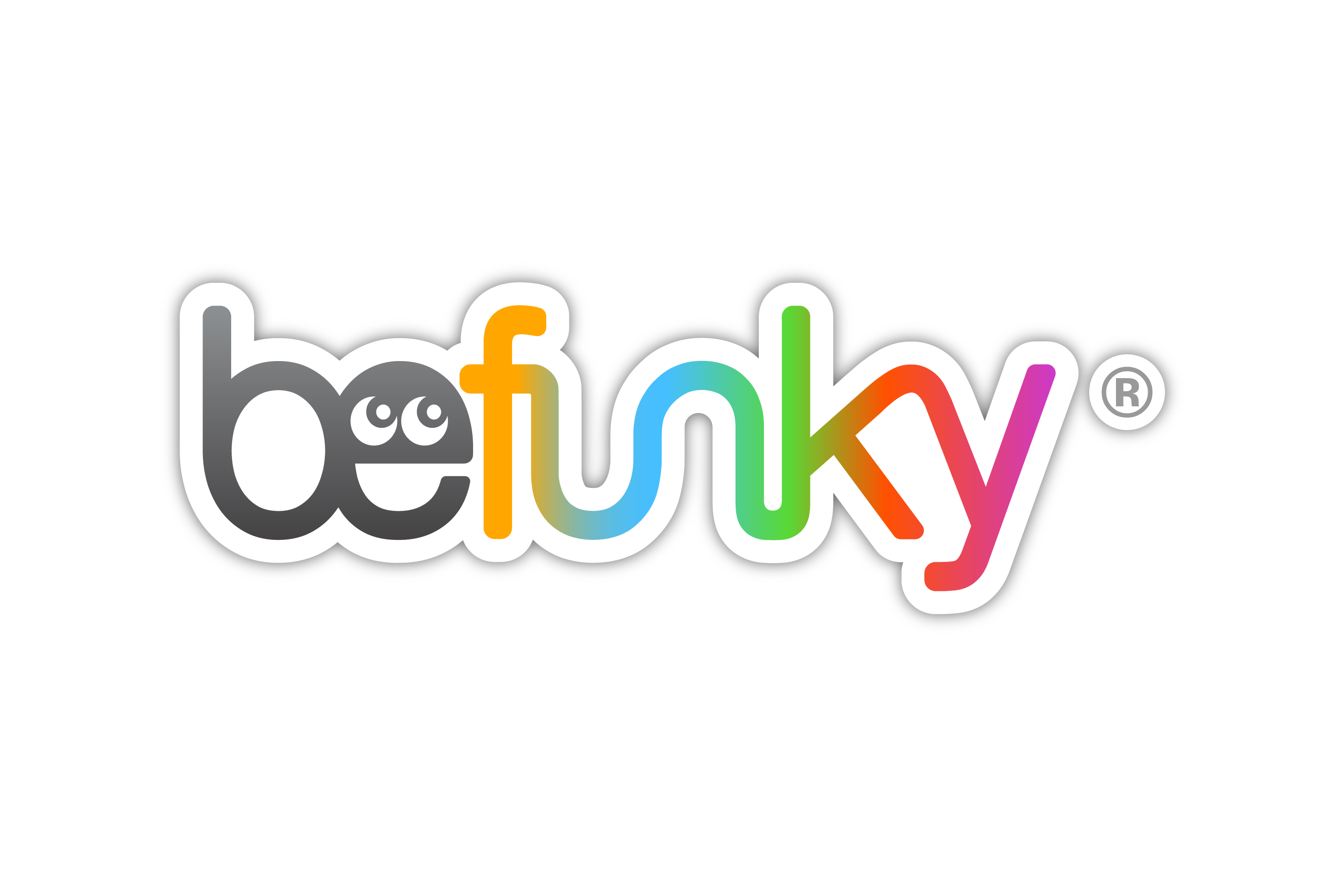A while back, I came across the concept of cooperative gaming through the popular boardgame
Pandemic. I thought the idea of having players cooperative rather than compete was brilliant, and getting students to work together toward a common goal much more conducive to positive relationships than traditional boardgames where players are pitched against each other.
Playing is how we learn to behave in life. Practising skills like listening, suggesting, discussing and so on allow us to develop positive relationship skills that have a direct connection to collaboration and teamwork.
Furthermore, when we play cooperatively, we don't just reach a goal but we do so together and this brings its own joy.
So much in school seems to be about competition as students compare scores and grades, go up against each other in sports and strive to be the 'most' in whatever arena they find themselves in. There is an over-preoccupation with 'getting ahead' of others in today's world (IMHO), and cooperative games are a great antidote to this.
A wider aspect of cooperative gaming is the link to sustainability. We have seriously worrying problems to solve at the local, national and global levels and is likely that cooperation - if anything - is the solution: we can achieve much more together than alone.
An interesting fact is that Elinor Ostrom - 2009 Nobel Prize winner - showed through her work that in many cultures across the globe, people work together to preserve the resources necessary for living. This happens without any policies, laws or authorities - it's just makes sense to protect the ecosystem of which you are a part.
While we may be lead to believe that competition is natural, many biologists disagree. For example, Peter Kropotkin says: “competition . . . is limited in animals to exceptional periods . . . Better conditions are created by the elimination of competition by means of mutual aid and mutual support.” You may also be surprised to learn that the phrase “survival of the fittest” was not coined by Charles Darwin but by Industrialist Herbert Spencer!

All in all, the benefits of cooperative gaming are so numerous that I was sold on promoting them with my students. To this end, I created a game to go with our 'brain' (metacognitive study) unit and used the theme of zombies to
stoke their interest. The first encounter with the concept of the game confused many of my students, but after working out the gameplay, they were off! They now ask regularly if they can play it and we've worked it in as a way to review content toward the end of our units.

UPDATE: Another game I created with my mythology-mad teen son is based on Greek Mythology. I've had my secondary students play it, and they love it. One of them commented that they wished they could buy it and play at home, so I decided to list it for sale.
Here's a preview. You can also click on the image below for a bigger image.
If you think you might like to try out cooperative gaming, I really encourage you to do so. While creating your own game definitely takes time and effort, you will undoubtedly find it a most rewarding process enhanced by the delight of your students as they play and realise that truly, 'Together everyone achieves more!'























